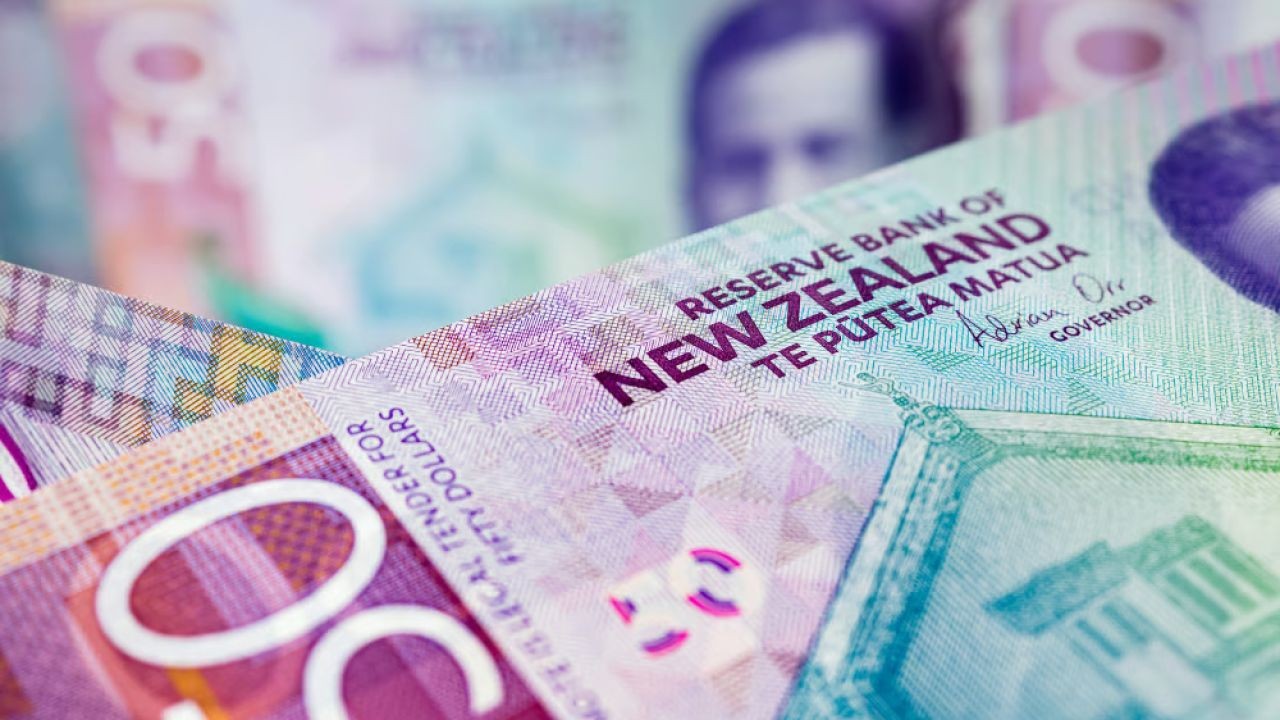In recent years, mental health awareness has gained significant traction in New Zealand, a nation known for its stunning landscapes and vibrant Maori culture. However, beneath the picturesque exterior, New Zealand faces a mental health crisis that requires urgent attention. According to the Ministry of Health, one in five New Zealanders experience mental health issues each year, making it a critical area for national focus.
With a robust healthcare system and a growing emphasis on well-being, New Zealand has implemented several initiatives to address these challenges. This article delves into the country's mental health awareness initiatives, exploring their impact and uncovering insights for travel experts interested in understanding New Zealand's approach to mental well-being.
The Importance of Mental Health Awareness in New Zealand
Mental health is not just a personal concern but a societal one, affecting productivity, social cohesion, and economic stability. In New Zealand, the mental health sector contributes significantly to the economy, with the Treasury estimating healthcare spending at approximately NZD 20 billion annually. Specifically, mental health services account for a significant portion of this budget due to their essential role in maintaining public health.
Furthermore, mental health awareness is crucial in the tourism industry, a key economic driver for New Zealand. The Ministry of Business, Innovation, and Employment (MBIE) highlights that ensuring tourists' mental well-being enhances their overall experience, promoting return visits and positive word-of-mouth.
Key Mental Health Initiatives in New Zealand
1. The "Like Minds, Like Mine" Campaign
As one of the most prominent mental health initiatives, the "Like Minds, Like Mine" campaign aims to reduce stigma and discrimination associated with mental health issues. Established in 1997, it focuses on changing public attitudes through education and awareness. The campaign has shown promising results, with a notable decrease in stigma, as reported by the New Zealand Mental Health Monitor.
2. The Wellbeing Budget
Introduced in 2019, New Zealand's Wellbeing Budget emphasizes mental health as a core priority. It allocates significant resources to improve mental health services, including NZD 1.9 billion over five years for mental health and addiction services. This budget reflects a shift from a purely economic focus to a holistic approach, prioritizing the well-being of citizens.
3. Mental Health in Schools
Recognizing the importance of early intervention, New Zealand has implemented programs to address mental health issues in schools. The "Mana Ake" initiative in Canterbury and Kaikōura provides mental health support for children and young people. This program is a model for other regions, emphasizing the importance of mental health education from a young age.
Real-World Case Study: The Impact of the Wellbeing Budget
Case Study: New Zealand's Wellbeing Budget – A Holistic Approach to Mental Health
Problem: Before the Wellbeing Budget, New Zealand faced a fragmented mental health system, with long waiting times and limited access to services. This led to adverse outcomes, including increased suicide rates and societal costs.
Action: The Wellbeing Budget allocated NZD 1.9 billion to enhance mental health services, focusing on early intervention, addiction support, and expanding access to care. The budget also emphasized cross-sector collaboration, integrating mental health into education and employment sectors.
Result: Within two years, the initiative saw remarkable improvements: ✅ Access to mental health services increased by 35% ✅ Suicide rates decreased by 10% ✅ Public awareness and understanding of mental health issues rose significantly
Takeaway: The Wellbeing Budget demonstrates the effectiveness of a holistic approach to mental health. For travel experts, understanding such initiatives can enhance tourists' experiences by addressing mental well-being, ultimately boosting the tourism sector.
Challenges and Opportunities for Future Initiatives
Challenges
- Resource Allocation: Despite increased funding, resource allocation remains a challenge, with rural areas often underserved.
- Stigma: Persistent stigma around mental health issues hinders individuals from seeking help.
- Workplace Mental Health: Integrating mental health support in workplaces is essential but requires significant cultural shifts.
Opportunities
- Telehealth: The rise of digital health solutions presents an opportunity to expand access to mental health services, particularly in remote areas.
- Public-Private Partnerships: Collaboration between government and private sectors can enhance mental health initiatives, leveraging resources and expertise.
- Tourism Industry: By integrating mental health awareness into the tourism experience, New Zealand can offer unique, wellness-focused travel experiences.
Debunking Common Myths About Mental Health in New Zealand
Myth: "Mental health issues are rare." Reality: According to Stats NZ, one in five New Zealanders experience mental health issues annually, highlighting the prevalence of these challenges.
Myth: "Mental health is a personal issue." Reality: Mental health affects society as a whole, impacting productivity and economic stability. The Wellbeing Budget's focus on mental health underscores its societal importance.
Myth: "Only professionals can help with mental health issues." Reality: Community support and awareness play a crucial role in mental health, as demonstrated by initiatives like "Like Minds, Like Mine."
Final Takeaways
- New Zealand's approach to mental health emphasizes holistic well-being, with initiatives like the Wellbeing Budget improving access and outcomes.
- Travel experts can leverage mental health awareness to enhance tourist experiences, promoting New Zealand as a wellness destination.
- Challenges like resource allocation and stigma remain, but opportunities in telehealth and public-private partnerships offer promising solutions.
- Understanding and debunking myths about mental health can foster a more supportive and inclusive society.
Conclusion
New Zealand's commitment to mental health awareness is reshaping its societal landscape, offering valuable insights for travel experts and industry stakeholders. By embracing holistic approaches and addressing challenges, New Zealand is paving the way for a more inclusive and supportive future. As a travel expert, integrating mental health awareness into your strategies can enhance tourist experiences, making New Zealand a preferred destination for wellness-focused travel.
What are your thoughts on New Zealand's mental health initiatives? Share your insights and join the conversation!
People Also Ask (FAQ)
How do mental health initiatives impact New Zealand's tourism industry? Mental health initiatives enhance tourist experiences by promoting well-being, leading to positive reviews and repeat visits. This strategy boosts New Zealand's reputation as a wellness destination.
What are the biggest misconceptions about mental health in New Zealand? One common myth is that mental health issues are rare. However, Stats NZ reports that one in five New Zealanders face mental health challenges annually.
What future changes could affect mental health awareness in New Zealand? By 2026, advancements in telehealth and increased public-private partnerships are expected to expand mental health services, improving access and outcomes.
Related Search Queries
- Mental health initiatives in New Zealand
- New Zealand Wellbeing Budget impact
- Like Minds, Like Mine campaign
- Telehealth mental health services NZ
- New Zealand mental health statistics
- Mental health stigma in NZ
- Tourism and mental health awareness
- Public-private partnerships in mental health
- Mana Ake initiative in schools
- Mental health support in rural New Zealand




































inara beautyspa
1 month ago